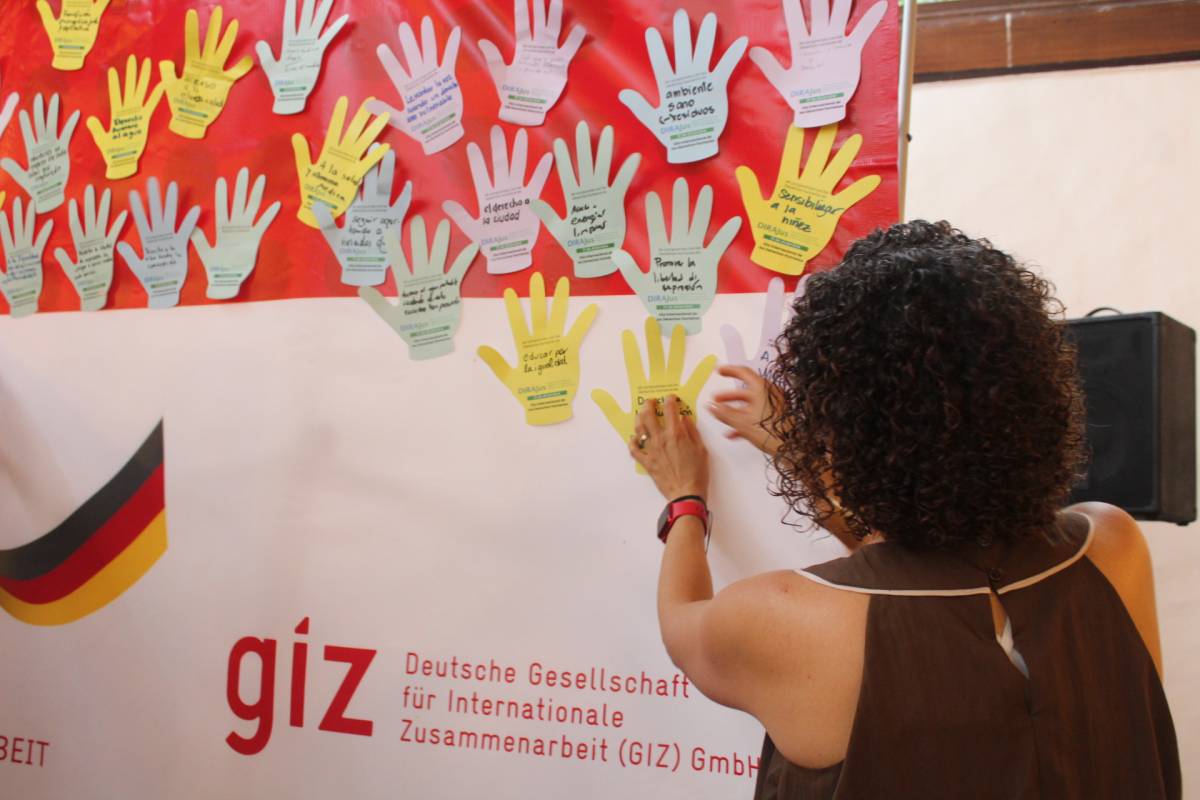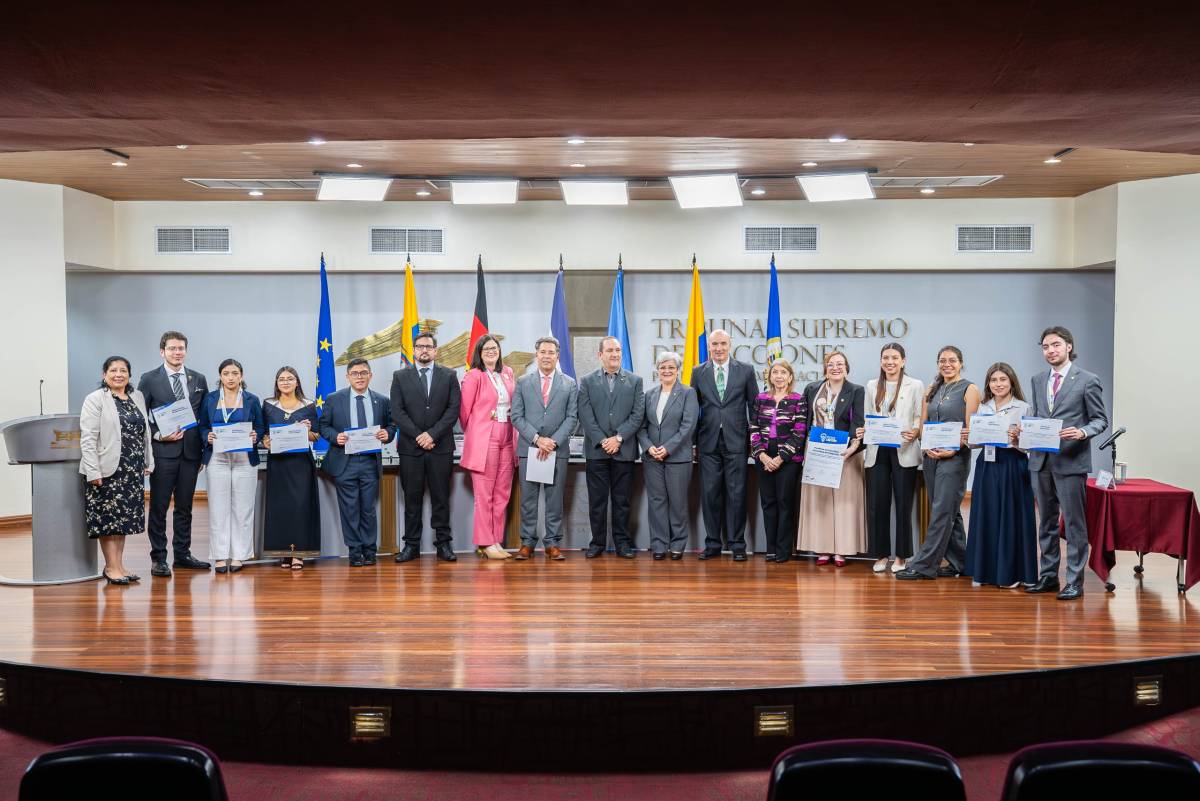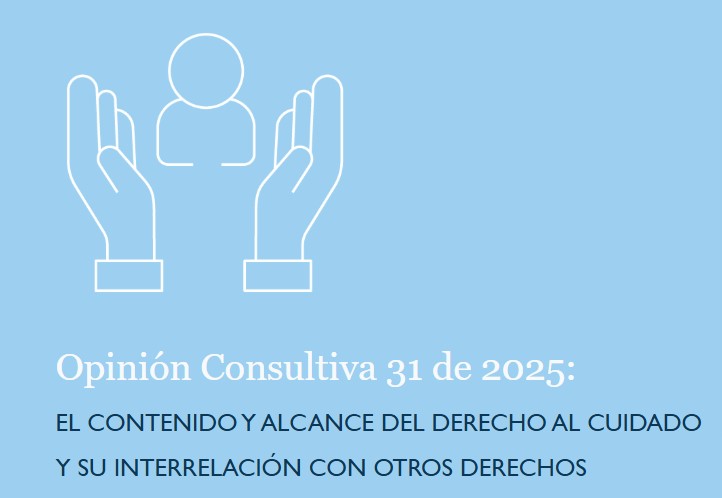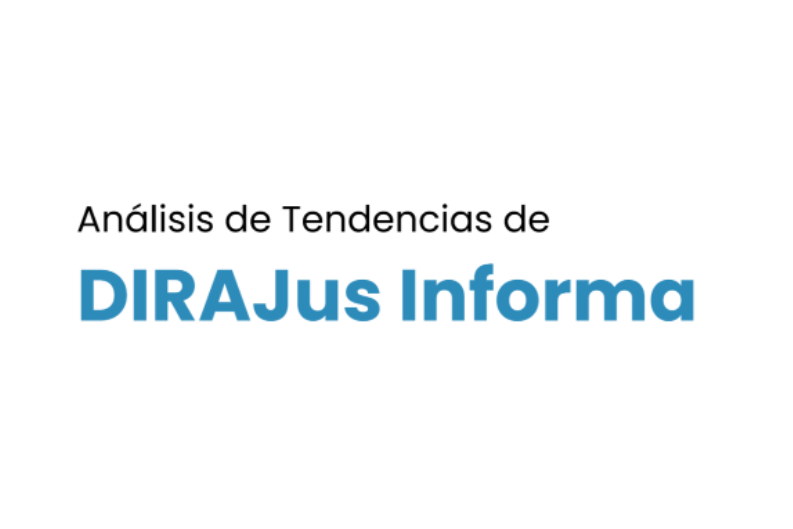The ICJ and Amnesty International–Canada, have intervening in appeal proceedings before the Supreme Court of Canada in the Case Araya et al versus Nevsun Resources Ltd on appeal from the British Columbia Court of Appeal.
This case concerns a civil suit by Eritrean refugees against Nevsun for its involvement in the commission of forced labour, slavery, torture and other serious breaches of international law against them and many other victim. It is being heard today (23 January).
The joint intervention sets out the basis of the right to an effective remedy under international law and the importance of giving effect to that right in the proceedings of the case and in the development of common law in Canada.
The proceedings before the Supreme Court originate in an appeal by the defendant company Nevsun Resources Ltd against the British Columbia Court of Appeal’s judgment of 2017 which upheld the rights of claimants to sue in Canada.
The company argues that the “act of State” doctrine precludes Canadian courts from sitting to judge the lawfulness or validity of sovereign acts of foreign states, in this case the implementation of Eritrean National Service Programme, within the territory of that state.
The alleged forced labour, slavery and torture had been committed in this context. The company also contends that the claimants’ suit is based on allegations of breach of customary international law rules applicable only to States and which are not recognized under Canadian tort law as applicable to companies.
The ICJ and AI-Canada argue that the development of common law doctrines of judicial abstention and causes of action should be consistent with the right to an effective remedy for human rights violations as protected by international law and the Canadian Charter of Rights and Freedoms. In this line, the company’s grounds of appeal should be rejected or, if accepted, should be made consistent with the full respect to the right of the claimants to an effective remedy.
The claim filed in 2015 argues that Nevsun Resources was involved in various ways in the practice of forced labour, slavery, torture, cruel, inhuman or degrading treatment, and crimes against humanity at the Bisha mine against hundreds of Eritreans who were conscripted into the Eritrean National Service Programe and forced to working in the mine operated jointly by Nevsun and Eritrean State companies.
The claimants, Gize Yebeyo Araya, Kesete Tekle Fshazion and Mihretab Yemane Tekle, three of those who were forced to work in the Bisha mine and fled the country to find refuge in Canada, sued Nevsun alleging private law torts and breaches of peremptory principles of international law (forced labour, slavery, torture, inhuman or degrading treatment, and crimes against humanity).
Source: International Comission of Jurists
January 23, 2019






